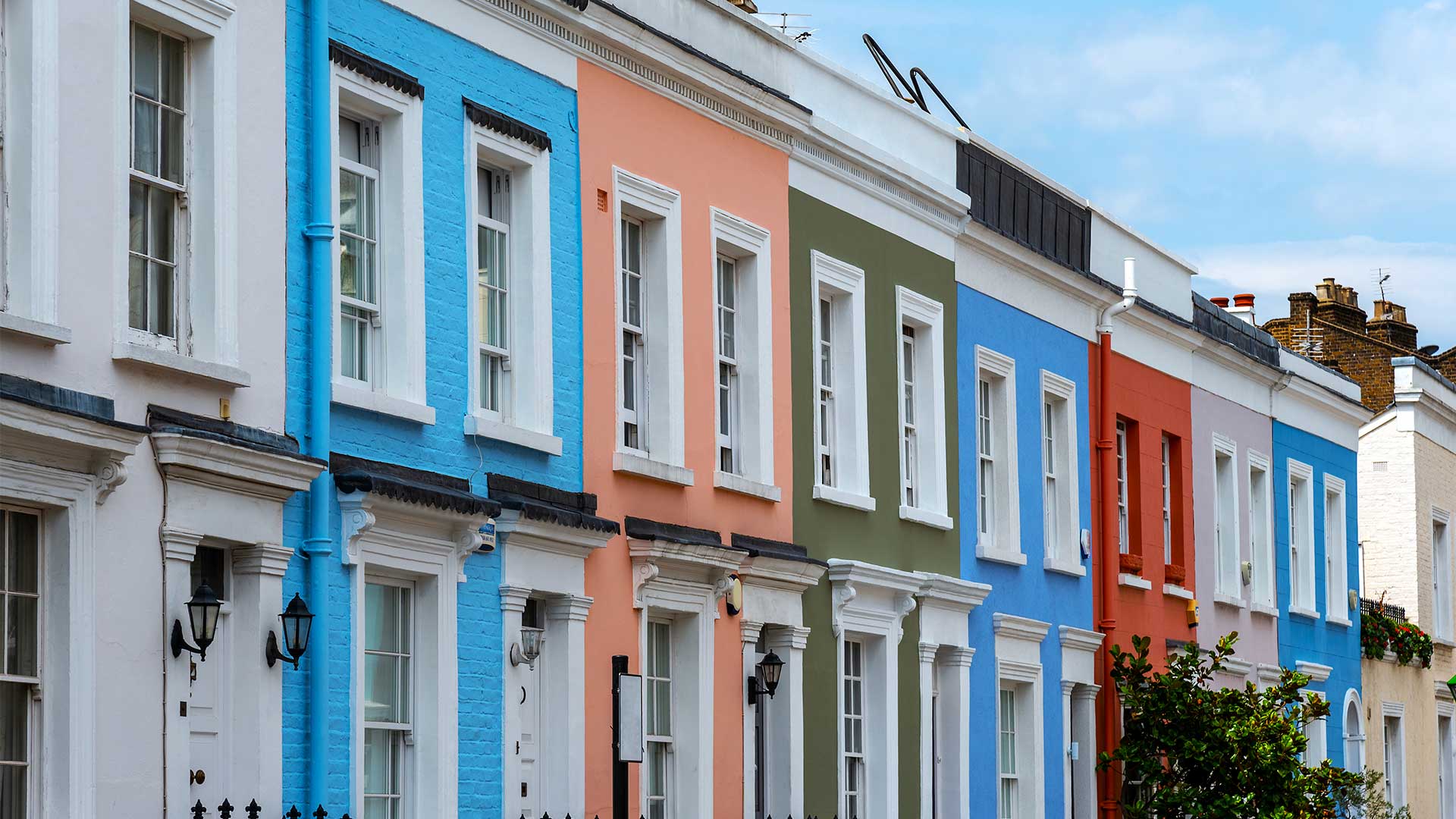Investing in property and leveraging holiday let mortgages in Manchester can be a profitable venture for some investors, offering landlords opportunities to enhance their earnings from their property portfolio.
Beyond the standard buy to let mortgage, there are many other forms of this mortgage at your disposal. A form closely resembling the buy to let mortgage is the let to buy mortgage. Properties with multiple tenants, known as HMOs, and holiday let mortgages are other variations.
In this article, we are going to focus on the holiday let mortgages in Manchester.
What is a holiday let mortgage in Manchester?
A holiday let is a variation of a buy to let concept, wherein landlords temporarily lease out their property to tourists or visitors in the city. These agreements are typically short-term, and the property may be rented out multiple times throughout the year.
Given the ebb and flow of the tourist season, there are likely periods where the property remains unoccupied, which might lead to inconsistent income. Consequently, lenders enforce stricter lending criteria on these types of mortgages.
Am I eligible for a holiday let mortgage in Manchester?
Much like any mortgage, it is important to ensure that you align with the lending criteria for a holiday let mortgage in Manchester in order to be approved.
These criteria may vary among lenders, but general requirements include a minimum deposit of 25%, a certain level of annual income besides the rental income, a rental income that is sufficient to cover your monthly mortgage payments, and holiday home insurance.
The insurance provides a safety net against potential booking cancellations or periods of low income. Given the inherent risk associated with holiday homes and their inconsistent revenue generation, it is common for lenders to charge higher interest rates.
Are holiday let mortgages in Manchester worth it?
These mortgages can bolster your income supplementation, particularly during high-demand periods such as school holidays. The possibilities of tax breaks and expense deductions particularly for fully furnished holiday homes also exist, although they are subject to specific criteria. Due to the high appeal of tourist hotspots, property prices are inflated, presenting a challenge to potential buyers.
However, these locations also tend to bring in higher rental profits. One notable downside is the higher interest rates, and if you possess multiple properties, you may also be subject to higher stamp duty. Combined with everyday running and maintenance costs, the expenses can pile up quickly.
Nonetheless, the amount of rent you charge, particularly during peak seasons, and the location of your property can offset these costs. Periods of no income need to be factored into your financial planning but do offer a silver lining—you can use your property as a personal retreat when it’s not on rent.
How are holiday let mortgages different from buy to let mortgages?
A traditional buy to let mortgage in Manchester is usually for properties rented out on long-term leases. The minimum tenancy duration typically tends to be 6-12 months with the rent amount determining the borrowing limit as opposed to the landlord’s income.
Conversely, holiday let mortgages are geared towards short-term tenancies, around a month. This leads to varied income due to off-peak seasons when securing tenants may be hard. Lenders determine the borrowing amount based on a deep analysis of potential rental income, taking into consideration seasonal trends, and by reviewing your personal income.
Date Last Edited: February 14, 2024














